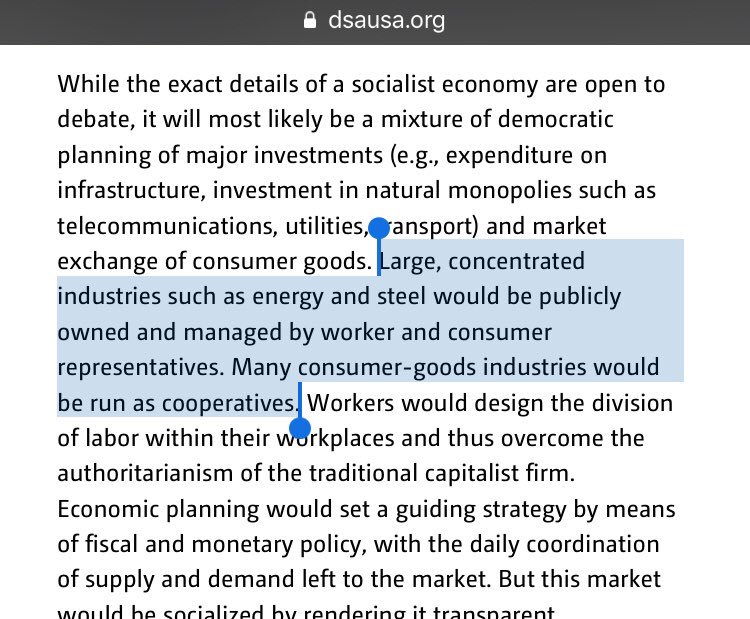Okay,
"The time has come --
To talk of many things --
From paupers to kings --
And whether Gini has wings."
With the Democratic Party's lurch to socialism, it is now inevitable that NY Times will dust off its income inequality crusade. So let's engage.
The END













